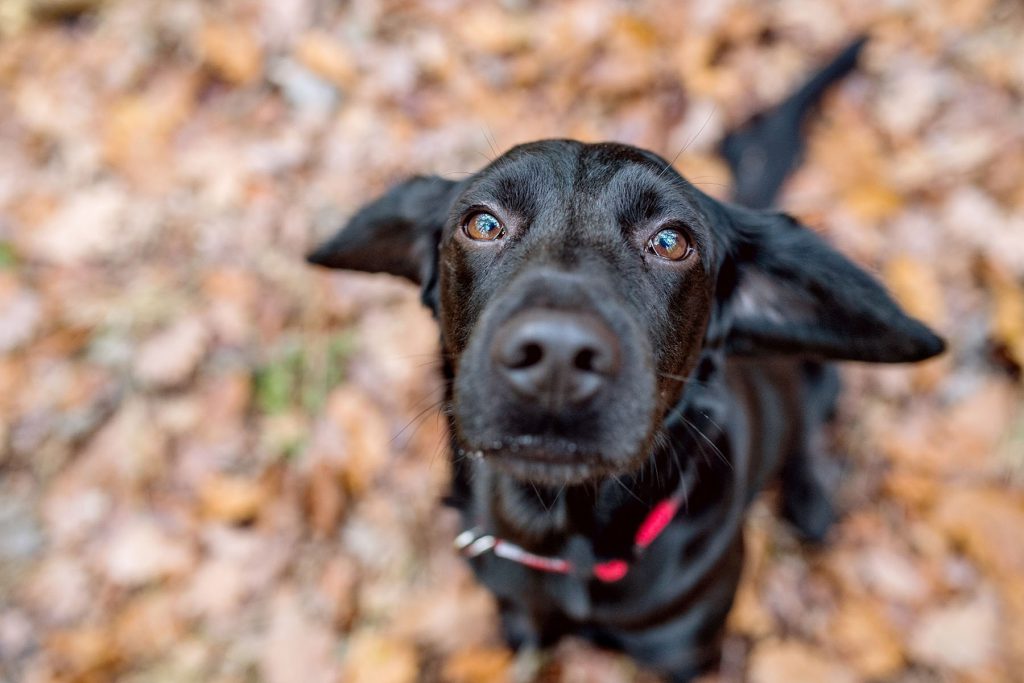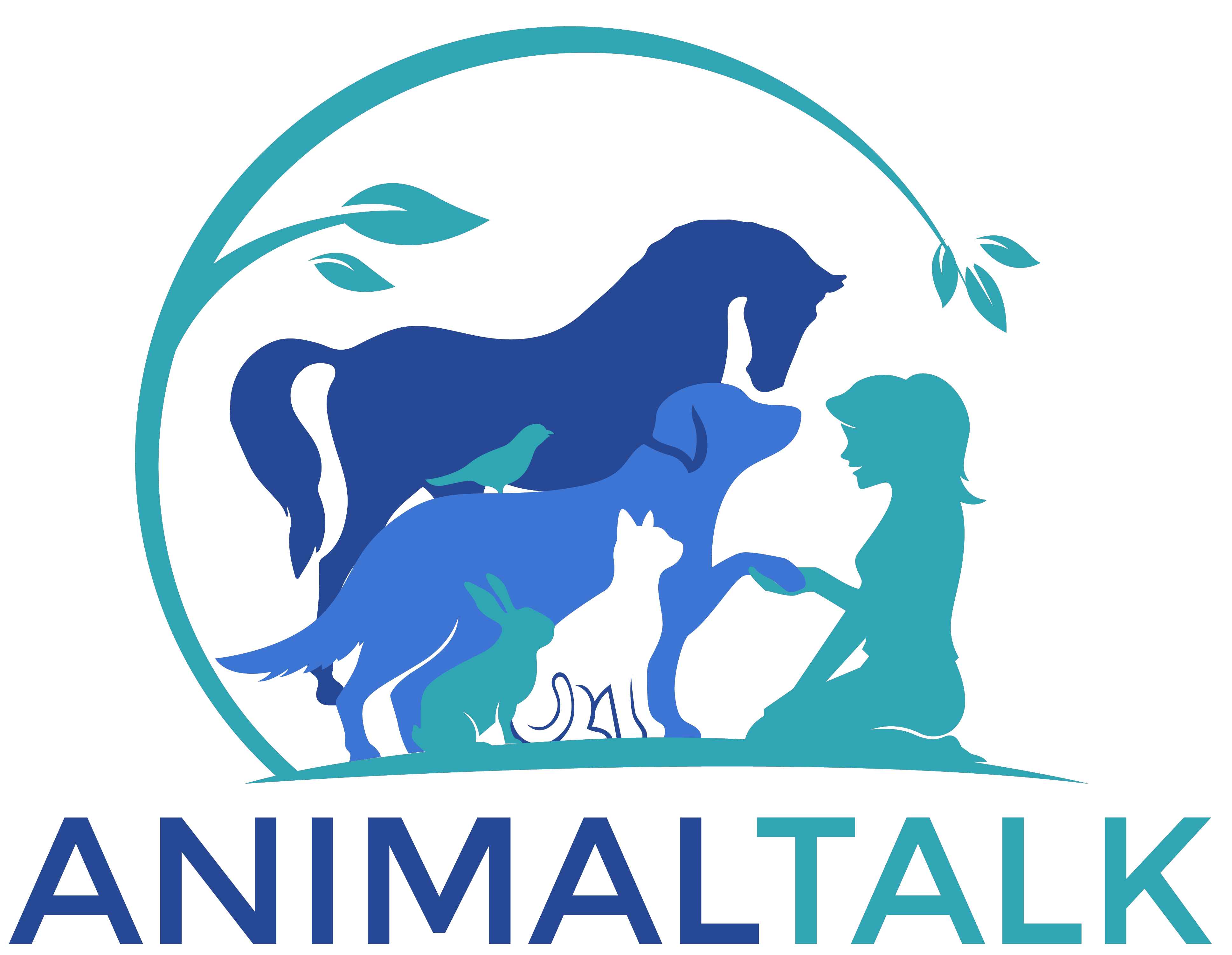
[vc_row][vc_column][vc_column_text]
Penelope Wright from VIC writes:
Do Animals like the names we give them?
Animals are not as attached to their name identities as we are. When we give our animals a name, they understand it is part of the physicality of being in the human world. They know people like attaching names to things. Wild animals don’t call each other names; they recognise each other through the energy of each individual they encounter. However, for our domestic animals and wild animals in captivity, a not so desirable name can make an impact on that animal, emotionally and energetically. Does your animal’s name really reflect who they are?
For our domestic animal companions, we try to pick a name that best suits their personality or a distinct physical feature they may have. Some people however don’t give much thought to this and pick a name they find funny or embaressing. Names range from human based names to things or foods. This includes nicknames too. Depending on what those names are, our animals feel the love or degradation as they feel the energy from how we say their names. Take into consideration what you name or nickname your animals, as it may be reflected by the animal in other ways. A client named Amanda came to me for a consult for her dog regarding his anxious and destructive behaviour. Her dog would dig up the entire garden, and chew away at the legs of the outdoor table. Amanda mentioned that she had named her dog Chaos, after his whirlwind personality and crazy behaviour. Chaos told me ‘Well that’s how the family view me, so I believe that is who I am – chaos!’ I informed Amanda that by naming her dog after the undesirable behaviour he was doing, she was reinforcing the problem. Every time Amanda called his name, the energy from the way she said it and what its meaning caused Chaos to believe this is who he was and continued to act out in destructive ways. To help solve the issue, Amanda changed her associations with his name to be more positive and encouraging, and with some extra training Chaos is no longer destructive.
Sometimes animals are named just for the convenience, such as wild animals living in zoos or rehabilitation centres. These animals are wilder than our domestic companions; they are more aligned to who they are and sometimes their name may not reflect the essence of their species. For example, during a workshop at the zoo, there were some snake enclosures at the back of the classroom. The group were practicing with one of the snakes named Frank. Through the telepathic communication, the group found out that Frank wasn’t fond of his name. He felt it did not reflect who he was as a snake and his species (Reticular python). The group asked him what name he would prefer, and he proudly said King Rajah. He felt this name reflected great wisdom and knowledge and more suited to his regal species. This name suggestion was acknowledged and put forward to one of the zoo keepers.
So there is truth to Shakespeare’s ‘What is in a name?’ Our animals may not be attached to the names or nicknames we give them, but the energy we project when calling their names can have an impact on our animals; be mindful the next time you call your animals by their name or nickname – does it reflect love or something else?
[/vc_column_text][/vc_column][/vc_row]
